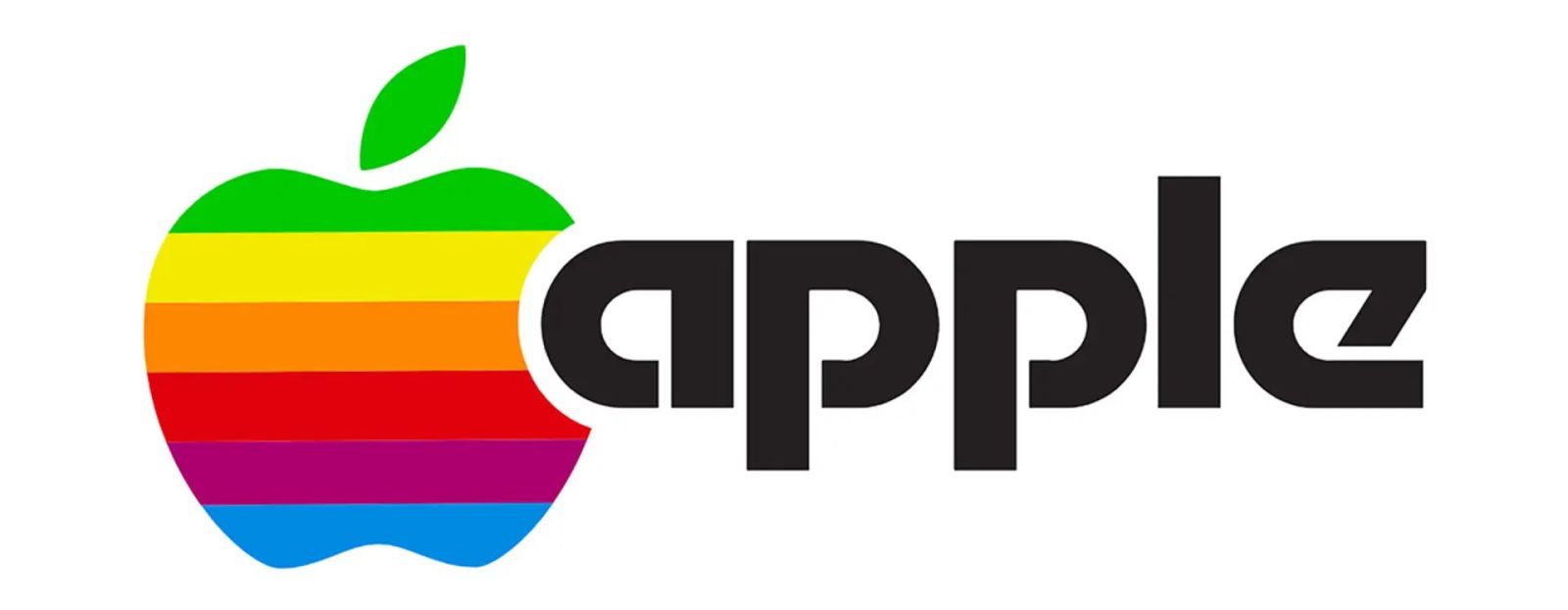Introduction
John Sculley, former Apple CEO from 1983 to 1993, has issued a warning that is causing ripples throughout the tech industry. Speaking at the Zeta Live conference in New York, Sculley declared that OpenAI represents Apple's first real competitor in many decades. His message is clear and direct: artificial intelligence has never been a particular strength for the Cupertino giant, and this limitation is now creating significant strategic vulnerabilities.
Apple's artificial intelligence lag
Sculley's analysis highlights a reality that Wall Street has already begun to perceive with growing concern. Despite Apple launching Siri in 2011 and hiring John Giannandrea from Google in 2018 as head of artificial intelligence, the company was caught flat-footed by OpenAI's release of ChatGPT in 2022. The "Apple Intelligence" strategy announced in June 2024 produced results below expectations, forcing the company to delay AI upgrades for Siri until 2026.
The situation reached a critical point when it emerged that Apple was considering using Anthropic's or OpenAI's AI technology to power Siri instead of its own in-house models. Giannandrea was even sidelined from the project, an unmistakable signal of difficulties encountered in internal development.
Market performance reflects concerns
The stock market numbers tell an eloquent story. In 2025, Apple shares are down 1%, while Nvidia, the AI chip leader, is up nearly 40%, and Microsoft, OpenAI's top investor, has gained 22%. Even recent blowout earnings failed to assuage investor concerns not only about AI adoption but also about the impact of higher tariffs costing the company $800 million in the previous quarter.
Tim Cook's response
CEO Tim Cook tried to reassure investors during the latest earnings call, stating that the company is taking steps to restructure staff internally and acquire other companies to catch up in the AI race. Despite market capitalization growing from $300 billion to $3.2 trillion under his watch, some have called for his resignation due to lackluster AI results.
OpenAI as a strategic threat
Sculley believes that the push toward agentic AI makes OpenAI a real threat to Apple's competitiveness. OpenAI's subscription-based business model used for ChatGPT represents a fundamental shift from Apple's traditional app-centered approach.
"When we had apps at the center of everything, it was selling tools, selling products. When you think of subscription, it's about people paying for something as long as they need it."
John Sculley, Former Apple CEO
The Jony Ive factor
A crucial element in the competition is represented by Jony Ive, Apple's former design chief. Ive spent nearly 30 years at Apple, designing iconic products like the iMac, iPod, iPhone, and iPad. He now works with Sam Altman at OpenAI after his startup Io was acquired for $6.5 billion. Sculley emphasized that if anyone can bring that design dimension to large language models, it's Ive working alongside Altman.
During OpenAI's DevDay conference, Ive revealed that the team has developed 15 to 20 really compelling product ideas, but the challenge now is to focus on the right ones. The company is designing a family of AI-first hardware products, trying to be judicious and thoughtful in choosing priorities.
The future of Apple leadership
Sculley acknowledged the possibility of Cook's tenure coming to an end, suggesting that his successor should lead the company's transition from an app-oriented approach to agentic artificial intelligence. This paradigm shift represents an existential challenge for Apple, which built its empire on closed ecosystems and hardware-software integration.
Conclusion
John Sculley's observations highlight a turning point for Apple. After decades of unchallenged dominance in the consumer technology sector, the company faces a competitor operating with a radically different business model that has attracted some of the industry's best talent. Apple's ability to quickly adapt to the artificial intelligence revolution will determine whether it maintains its leadership position or must cede ground to new players like OpenAI. Time to act is rapidly running out, and investors are closely watching every move.
FAQ
Why does OpenAI represent a threat to Apple according to John Sculley?
According to Sculley, OpenAI is Apple's first real competitor in decades because it operates with a subscription-based AI model, not on selling apps and products, and has acquired key talent like Jony Ive.
What are Apple's main problems with artificial intelligence?
Apple was caught flat-footed by ChatGPT's launch, postponed Siri AI upgrades to 2026, and is considering using external AI technology instead of its own in-house models.
How is Apple stock performing compared to AI competitors?
In 2025, Apple shares are down 1%, while Nvidia is up 40% and Microsoft 22%, reflecting investor concerns about the company's AI strategy.
Who is Jony Ive and why is he important to OpenAI?
Jony Ive is Apple's former design chief who designed the iMac, iPod, iPhone, and iPad. He now works with OpenAI after his startup was acquired for $6.5 billion.
What does agentic AI mean for Apple's future?
Agentic AI represents a paradigm shift from the app-centered model to autonomous subscription-based AI systems, requiring Apple to undergo a deep strategic transformation.
Will Tim Cook leave Apple's leadership due to AI problems?
Some have called for Cook's resignation over disappointing AI results, but Sculley suggests his successor should guide the transition toward agentic artificial intelligence.
